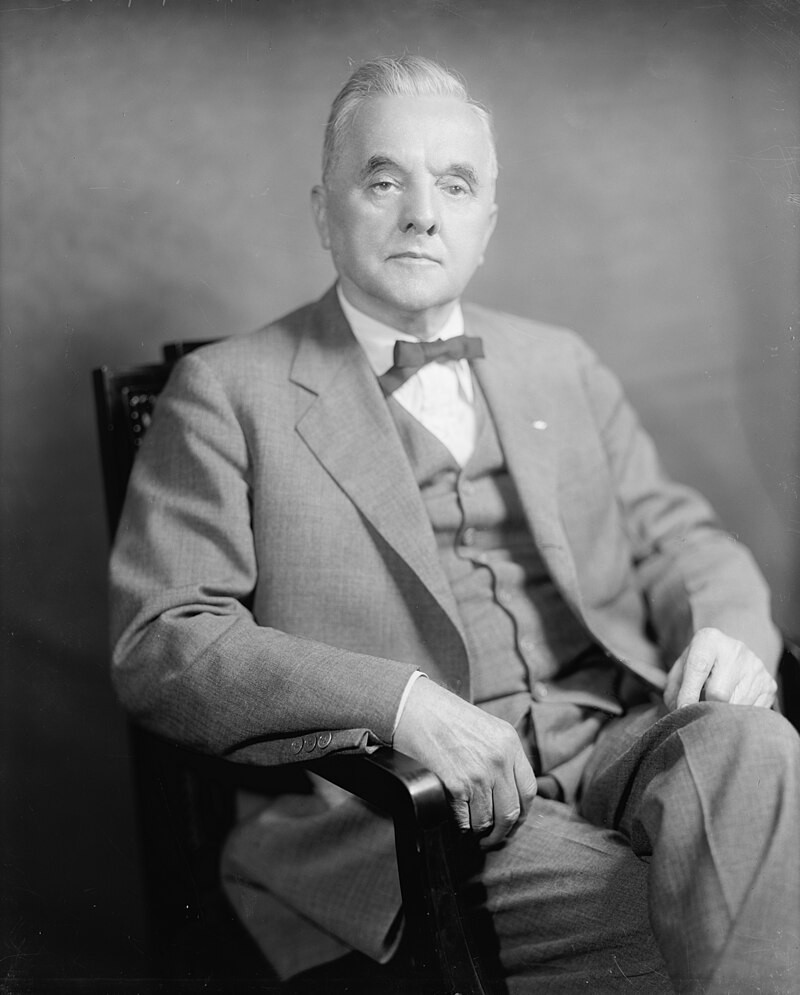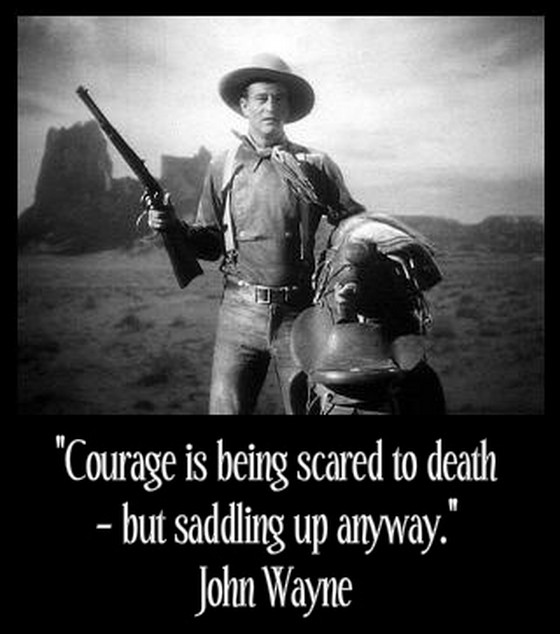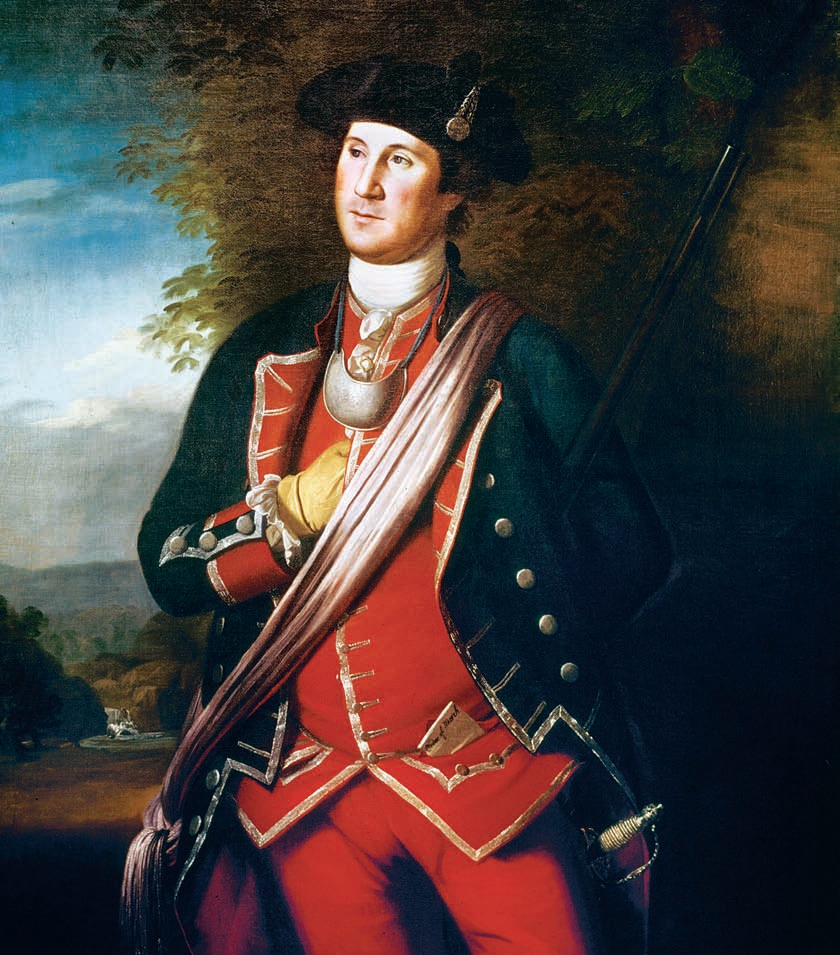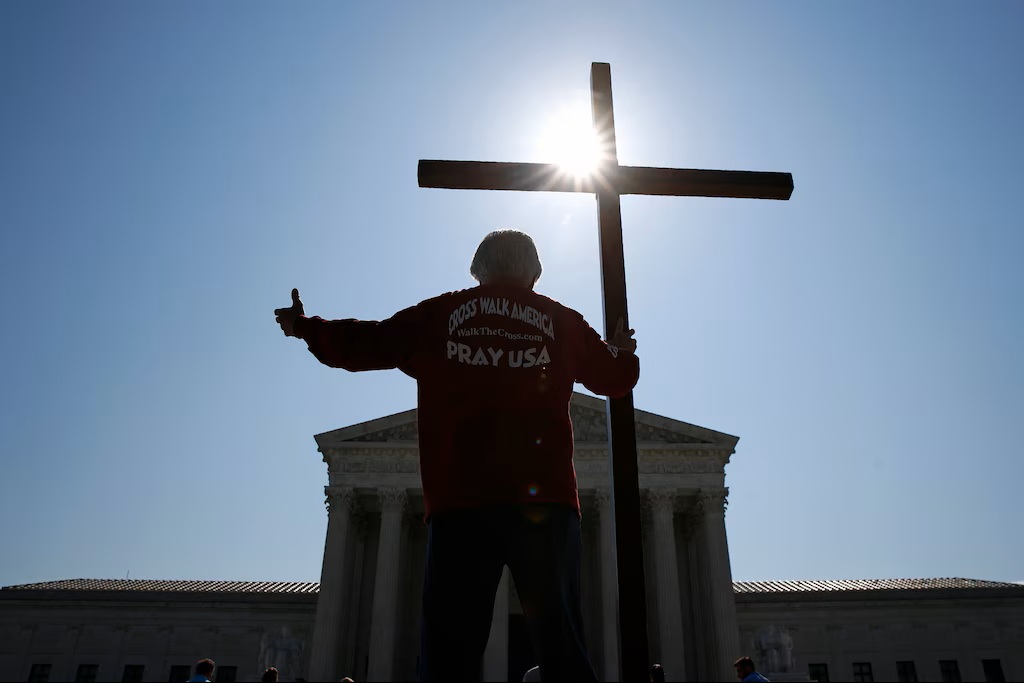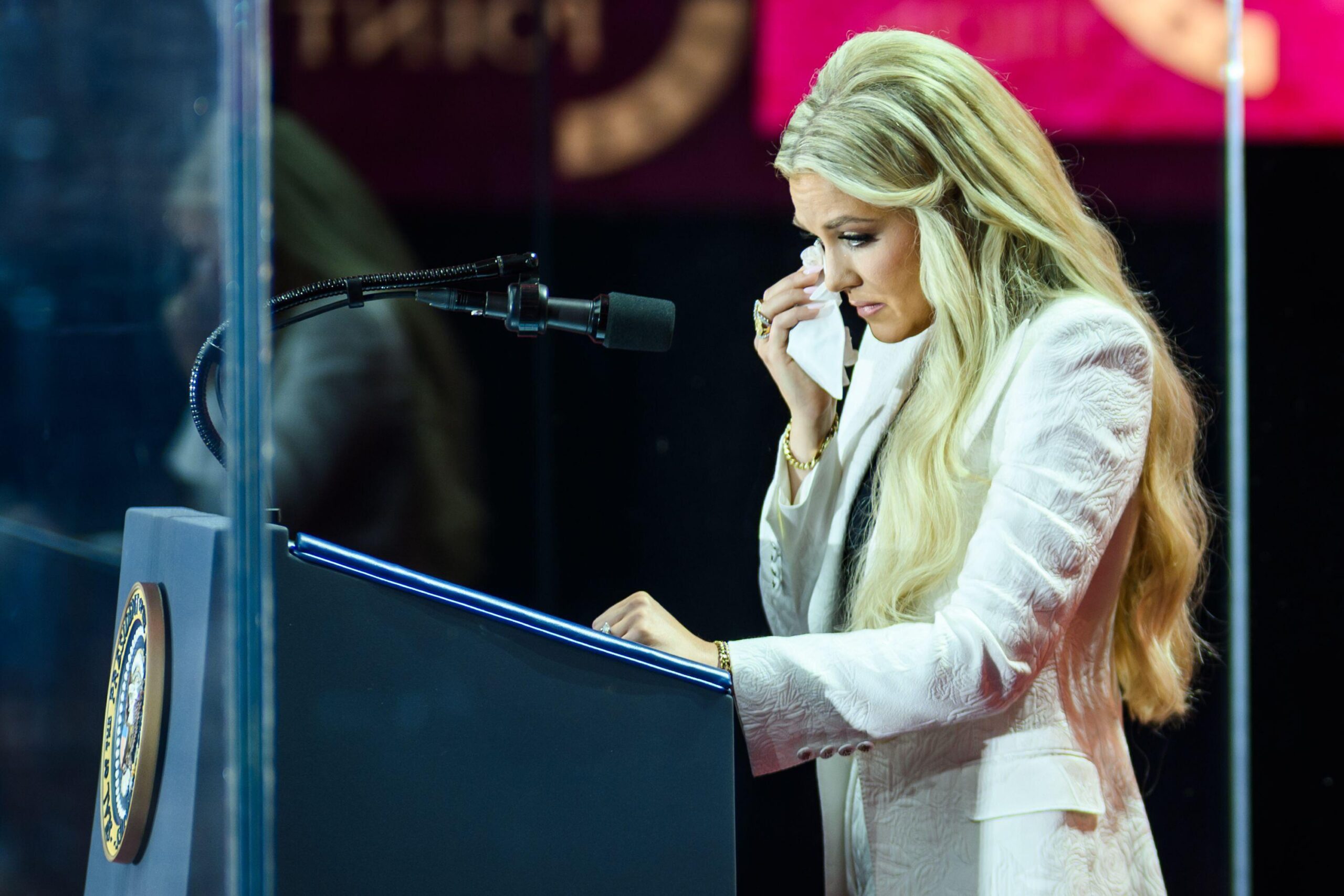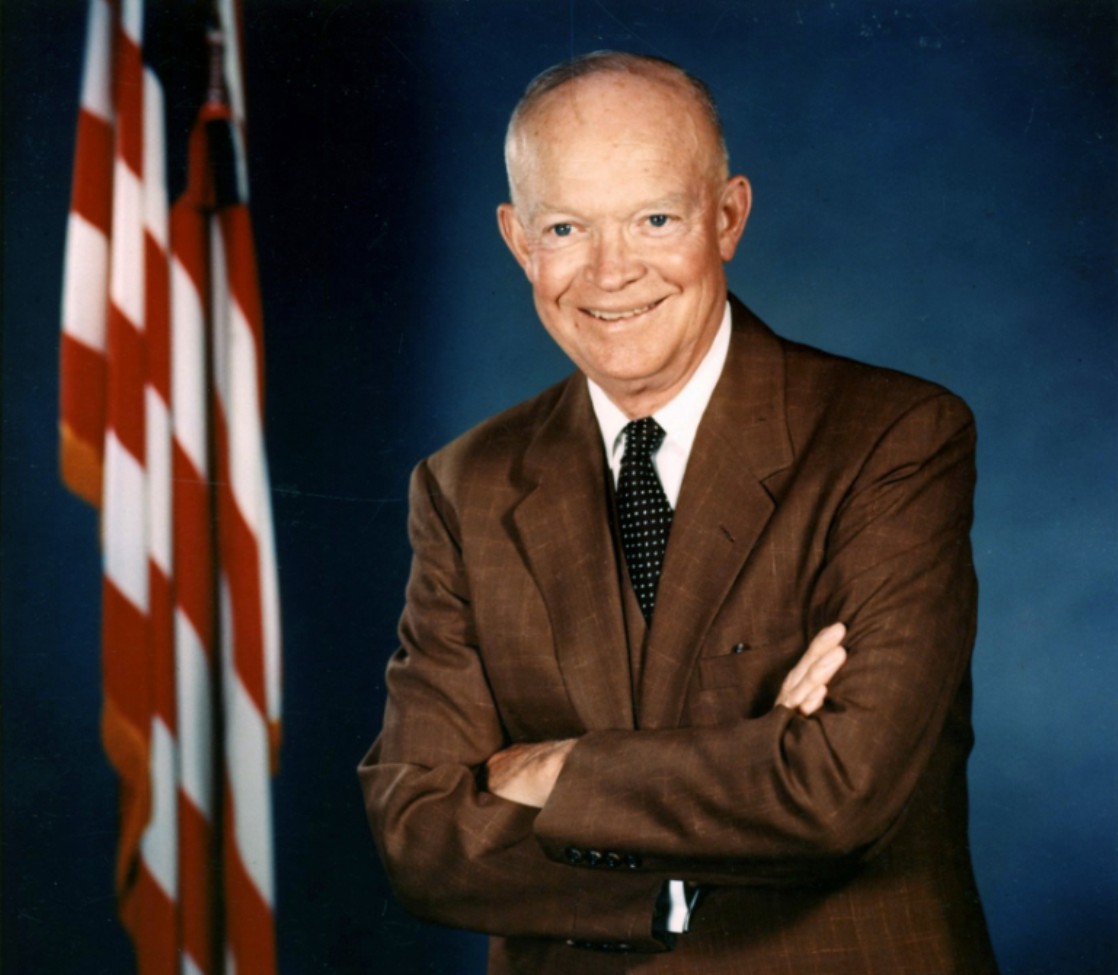
Dwight D. Eisenhower didn’t lead with bravado. He didn’t govern by grievance. He led with character.
A five-star general who commanded the Allied victory in Europe, Eisenhower understood power better than most. But he also understood something far more important: responsibility. As president, he brought the same calm discipline to the White House that he had brought to the battlefield—not to conquer, but to govern with purpose and restraint.
He didn’t chase headlines. He didn’t inflame divisions. He believed, as he once said:
“Every right implies a responsibility; every opportunity, an obligation; every possession, a duty.”
That wasn’t just a line. It was the through-line of his presidency.
Nowhere was that more evident than in 1957, when nine Black students tried to integrate Little Rock Central High School. Arkansas’s governor defied a federal court order and called out the National Guard to block them. Eisenhower tried diplomacy. When that failed, he acted—not with fanfare, but with resolve. He sent the 101st Airborne to enforce the law and protect those students. “The federal law and the orders of the federal courts must be upheld,” he said. It was a simple sentence, rooted in principle—and it carried the full weight of the presidency.
Eisenhower didn’t posture on civil rights, but when justice was on the line, he didn’t blink. That’s character.
In foreign policy, he brought the same steady hand. He ended the Korean War but avoided being drawn into others, even when his own advisors urged aggression. In a time of global tension, Eisenhower favored diplomacy over escalation. His military service gave him the credibility to say no to war—and the moral clarity to choose restraint over rhetoric—because true leadership serves the nation, not the ego.
But perhaps the clearest window into his integrity came at the very end. In his Farewell Address, Eisenhower warned the country about the growing influence of what he called the “military-industrial complex.” Coming from a lifelong soldier, the message couldn’t have been more striking: beware the accumulation of power. Guard against it. Speak up.
He did.
Eisenhower wasn’t flashy. He didn’t deliver soaring speeches. He governed with a moral compass that never wavered. He understood that decency and discipline are not weaknesses in a leader—they are strengths.
In a time like ours, when outrage is often louder than principle, his example deserves more than a footnote. It deserves to be remembered.
Comments

